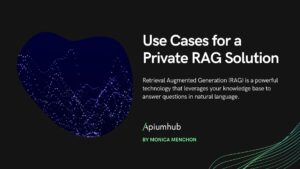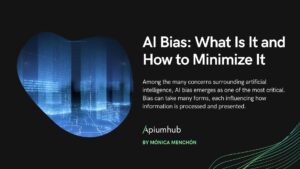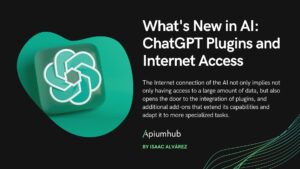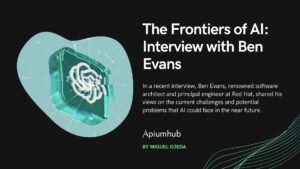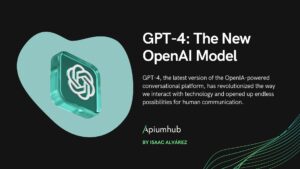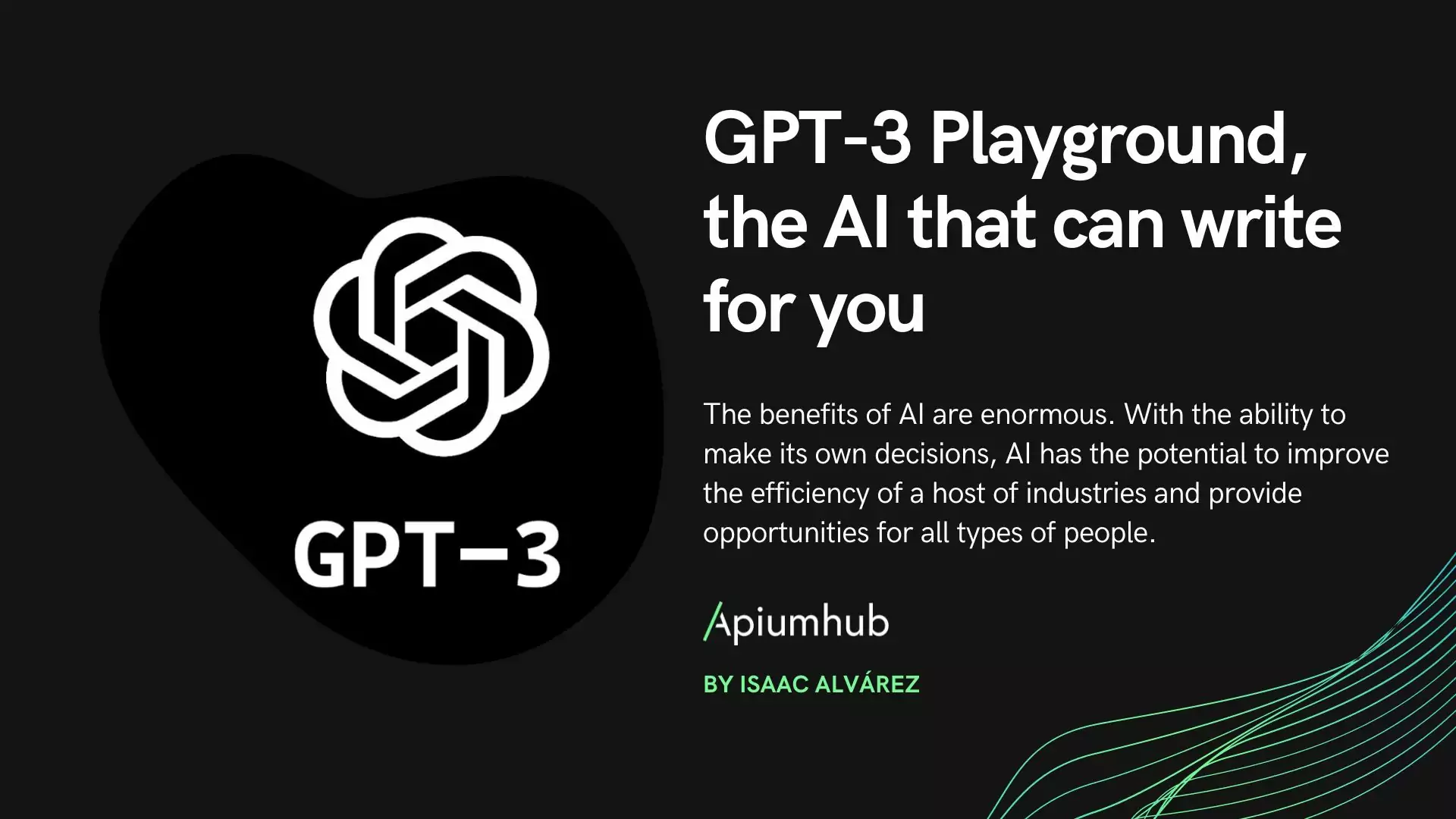Table of Contents
Your corporate data is one of your most valuable assets—second only to your people! It includes strategic plans, proprietary innovations, client details, and operational processes. Protecting this data is crucial, as exposure could give competitors an edge, allow unauthorized parties to contact your clients, or even jeopardize compliance with regulatory requirements.
Yet, many enterprises unknowingly expose their data to AI models like ChatGPT. If your organization does not provide a private AI tool, chances are that sensitive information has already been used to train external AI systems. Let’s explore how this happens, the risks involved, and the solutions enterprises should adopt to avoid an AI data leak.
AI Data Usage in the Workplace: An Unapproved Yet Inevitable Trend
AI tools are rapidly becoming indispensable in the workplace, even in environments that haven’t been officially sanctioned. Employees turn to AI for:
- Speeding up research and analysis
- Automating repetitive tasks
- Generating content or summarizing information
Surveys indicate that 30-38% of employees upload sensitive corporate data to public AI tools like ChatGPT. This occurs even when AI use is neither explicitly authorized nor banned—a gray area where productivity wins over security concerns. If your team lacks access to company-approved AI tools, they will find external alternatives, often unaware of the risks of exposing AI data.
If you don’t provide your employees with secure AI solutions, they will find their own—at a cost.
The Hidden Risk: How AI Companies Access Your Data
Most AI companies collect and process user data to refine their models. But beyond training purposes, platforms like ChatGPT reserve explicit rights to access user interactions for:
- Investigating security incidents
- Providing requested support
- Complying with legal matters
- Improving AI performance
This means that any proprietary information shared—whether it’s an internal report, customer data, or strategic plans—could potentially be reviewed, analyzed, or stored. The lack of visibility into how and where this data is used poses a significant security and compliance risk.
The Compliance Risk: Are You Violating Regulations?
Sharing sensitive data with AI platforms may put enterprises at risk of violating privacy laws such as:
- GDPR (Europe): Requires explicit consent and transparency in data processing.
- CCPA (California): Gives consumers rights over how their data is collected and shared.
- HIPAA (Healthcare): Protects patient data from unauthorized access.
Enterprises could face legal consequences, regulatory fines, and reputational damage without control over where AI processes data.
The Solution: Why Private AI Is the Future
To reap the benefits of AI while maintaining control over corporate data, enterprises must transition to private AI solutions. These internal AI agents provide:
- Data Security: No external access to sensitive information, ensuring data remains within a controlled environment.
- Regulatory Compliance: Full control over how data is processed, stored, and managed, reducing legal risks.
- Custom AI Models: Tailored responses that align with company policies and knowledge bases, enhancing accuracy and relevance.
- Operational Control: Private AI solutions allow businesses to dictate security measures, access restrictions, and data retention policies.
- Integration with Existing Infrastructure: Many private AI platforms can be seamlessly integrated with enterprise systems, maintaining workflow efficiency.
By investing in private AI, businesses gain all the advantages of AI-powered efficiency without compromising security. Moreover, these solutions provide a scalable framework that can grow alongside the company’s needs while maintaining privacy and control.
Mitigating AI Risks: The Role of CISOs and Employee Training
1. Educating Employees on AI Risks
A security-aware workforce is a company’s first line of defense. Training sessions should focus on:
- Understanding data privacy risks
- Recognizing unsafe AI usage scenarios
- Encouraging the use of company-approved AI tools
2. Strengthening Security Policies
CISOs must establish clear guidelines for AI adoption:
- Enforce AI access controls
- Implement monitoring systems for unauthorized AI use
- Develop an AI governance framework
3. Offering Secure AI Alternatives
By providing employees with private AI tools, enterprises eliminate the need to use public, unsecured platforms.
Benefits of Secure AI Alternatives
- Increased Productivity Without Risk – Employees can still leverage AI for automation, summarization, and content generation without exposing sensitive data.
- Cost-Effective in the Long Run – While private AI solutions require an initial investment, they prevent costly data breaches, regulatory fines, and reputational damage.
- Enhanced Customization – Unlike public AI models, private AI can be fine-tuned to understand and generate company-specific insights and recommendations.
- Seamless Integration – Many enterprise AI platforms integrate directly with existing tools (e.g., CRM, document management systems), maintaining workflow efficiency.
- Better Compliance and Governance – With full control over data handling, businesses can ensure compliance with industry regulations while maintaining transparency.
While implementing private AI may require additional investment and effort, the long-term benefits far outweigh the risks. Enterprises can maintain control over their data, improve employee efficiency, and ensure compliance with data protection laws.
Why COGNOS?
COGNOS is a secure, private AI assistant developed by Apiumhub, designed specifically to address the growing need for data sovereignty, regulatory compliance, and enterprise-grade control in AI usage.
Unlike public AI tools that process data on third-party servers with limited transparency, COGNOS operates entirely within your infrastructure—on-premise or within a dedicated private cloud instance. This ensures your sensitive data never leaves your controlled environment, eliminating the risk of AI data leaks or unauthorized access.
With COGNOS, your enterprise gets the full power of AI without compromise.
What Makes COGNOS Different?
- Total Control
Define exactly who can access the system, what they can see, and how the AI behaves. It will keep you in charge of your knowledge and your users. - Custom Knowledge Base
Select and manage the documents and data sources that feed your AI so that answers are always based on your validated internal information. - Privacy by Design
Every deployment of COGNOS prioritizes security from the ground up. No data is sent to external models or stored beyond your environment. - Enterprise-Grade Features
Enable advanced personalization, user access management, and usage analytics. Understand how your teams are interacting with AI and continuously refine its value. - Seamless Integration
Easily integrate COGNOS with your existing enterprise tools and systems to enhance workflows without disruption.
By empowering your teams with a trusted, secure, and fully customizable AI assistant, COGNOS ensures your business can move faster, smarter—and stay compliant.
Conclusion: Act Now to Secure Your Enterprise
AI is here to stay, and ignoring its risks is no longer an option. Enterprises must balance innovation with security by:
- Training employees on responsible AI usage
- Implementing company-wide AI security policies
- Investing in private AI solutions
By taking these proactive steps, businesses can harness the power of AI without exposing their most valuable asset—their data.

